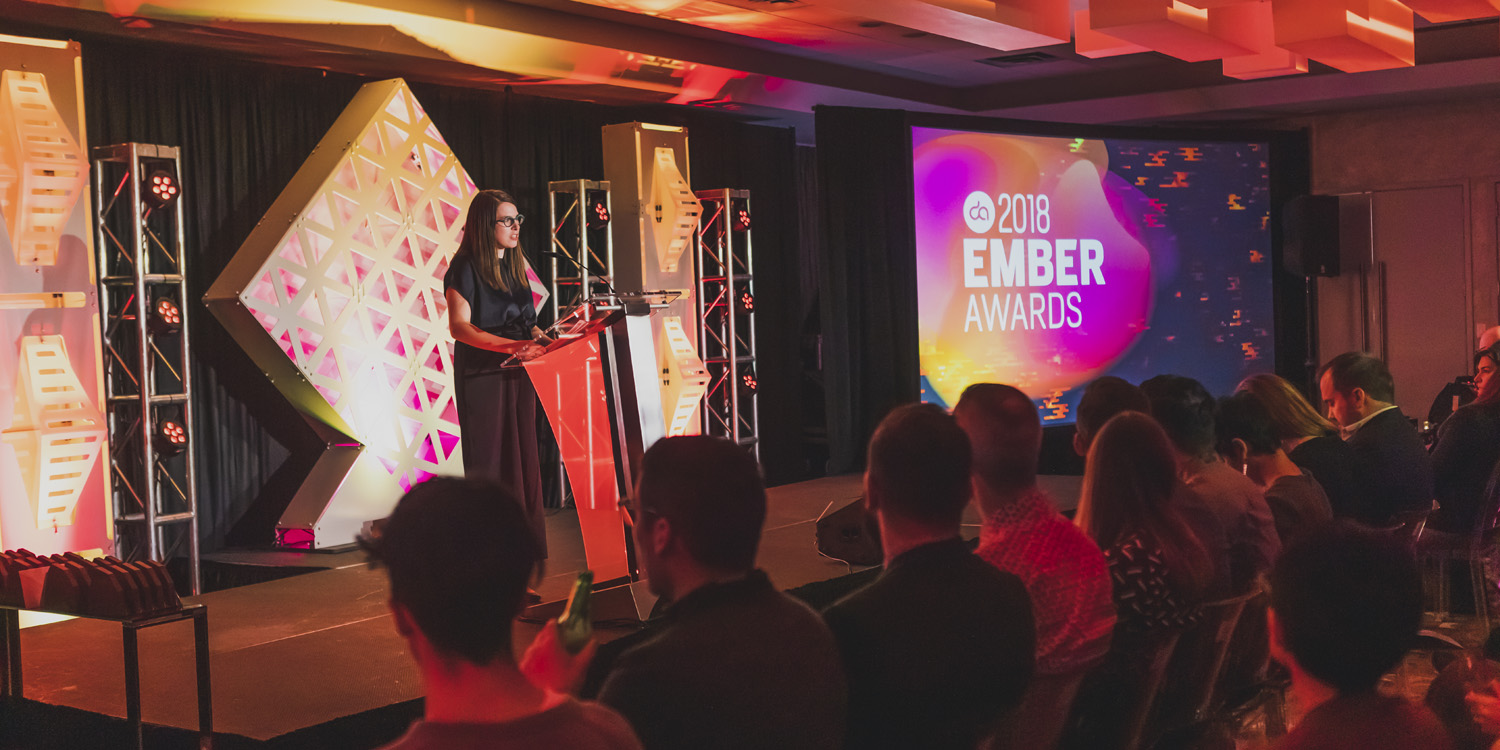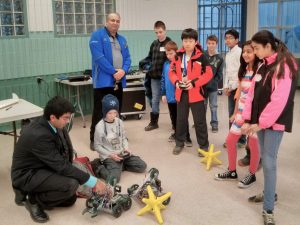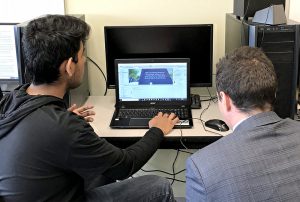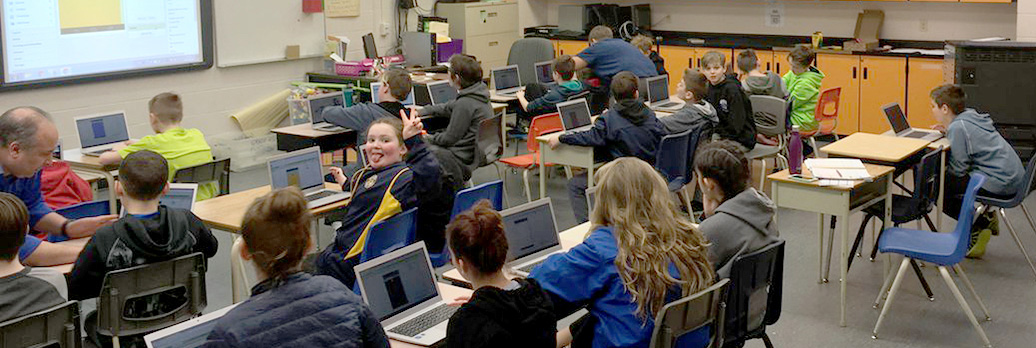
Celebrating Alberta’s digital momentum
November 22, 2018
Digital consumers showing signs of fatigue, distrust
January 17, 2019This article is adapted from a post that originally appeared on Cybera in July 2018.
The news from Alberta’s oil sector lately has served as a good reminder to local parents: you may want to encourage your children to diversify their career plans beyond the energy industry.
The truth is, most sectors nowadays are under threat from some kind of disruption, as are most jobs within those sectors. Future workers will need to be fluid and adaptable, and probably very comfortable with technology. To give our kids the best chance of succeeding tomorrow, we need to ensure they have a base comfort level with technology, today.
Alberta Education has begun revamping the province’s K-12 curriculum to include a strong focus on computational thinking and coding skills. Teachers are scrambling to learn the computing tools that they will soon incorporate into all grade levels and subjects. Many are trying to figure out how to get students engaged and interested in a topic previously reserved for “the nerdiest of the nerds”.
For inspiration, they could do no better than Westwood Community High School in Fort McMurray, where something remarkable has been happening over the last three years.
Super Kids
This school of 650 students boasts 12 optional computer science courses, of which nearly 40% of the student body have signed up. The scholastic achievements of these students in the last year alone has raised global attention:
— Three students scored top marks at the University of Waterloo’s Canadian Computing Competition (all three achieved a daunting score of 90/90 in one of the country’s toughest coding competitions).
— A grade 12 student won a medal at the 2018 Canada Wide Science Fair for his project using AI and RFID for medical smart technologies.
— Another grade 12 student won a $100,000 scholarship to attend the University of Waterloo.
Outside of their high school, groups of Westwood students have begun offering coding tutorials to children (and even adults) in nearby schools and colleges. They’ve also organized hackathons for local charities and businesses, and many have after-school jobs developing apps and websites for companies both big and small, including the City of Fort McMurray.
So, what’s this northern school’s secret to producing such solid computational talent? The answer: A curriculum that emphasizes the real-world applications of the coding and computing tools learned in the classroom, and a teacher who isn’t afraid to instruct university-level subject matter to kids.
Challenge the Children

El Mejdani came to Fort McMurray a decade ago with a background in computing science, and was hired to teach math and science at two of the local schools. In 2015, he was approached by a group of Westwood students, who were looking for help in building an app. What began as an after-school computer club quickly grew in popularity, and it wasn’t long before the school was convinced to offer computing classes to all Westwood students.
These classes not only teach students basic coding and web development, but also artificial intelligence, machine learning, and cybersecurity. Today, some of the courses Westwood advertises on its website include:
— Programming for Virtual and Augmented Reality
— Digital Design – “This includes learning how to build websites, use Google suite tools, create for platforms like YouTube and podcasting, and creating basic apps.”
— 3D Printing
— Coding (including java, python, swift, and C++)
Teaching Above and Beyond
El Mejdani encourages his students to put in the maximum amount of time and effort to learn coding and build applications. “I go hard on them,” he admits. “I believe I’m serving them better by going beyond, and constantly incorporating what’s new.
“When I don’t know the answer, I will reach out to experts who can come in and help. Some of them come from other cities or provinces (or even the USA) to teach my students, and will even pay for their own travel to come, because they see how beneficial this is to the students. I figure, there’s no harm in asking big names in industry to come, because many of them will say yes!”

“The biggest need I was finding was from adults,” says El Mejdani. “Especially engineers, who are feeling the need to learn these new skills as they pivot their careers. Some of them asked if they could come and sit in my high school classes!
“My students came up with the idea to partner with Keyano College. We created our first workshop at the college to teach programming to anyone in the community. 76 people signed up for that first workshop. We had more people than space in the computer lab!”
Going forward, staff and students at Westwood are planning to grow their outreach to local schools and community members through more workshops, classes, hackathons, and by even organizing tech conferences.
A Model to Emulate
Ultimately, says El Mejdani, schools need to incorporate more real-world technologies in the classroom, and push their students to master these skills. “It’s no different than competitive sports. We expect our athletes to put in long practice hours, and give 100% effort. You have to really challenge kids to get the most out of them!”
For his part, he is continually looking for professionals in the digital space to visit his school (either in person or virtually) to share their expertise with his students — including design, digital marketing, and cyber security experts. To find out how to help, contact Said.


